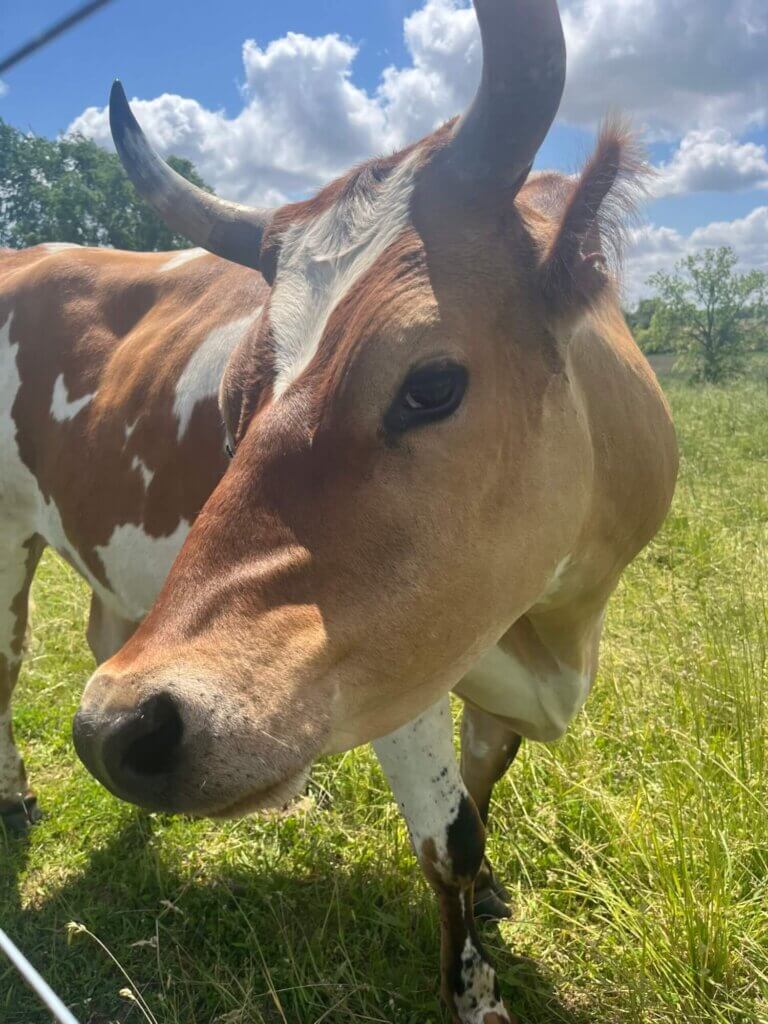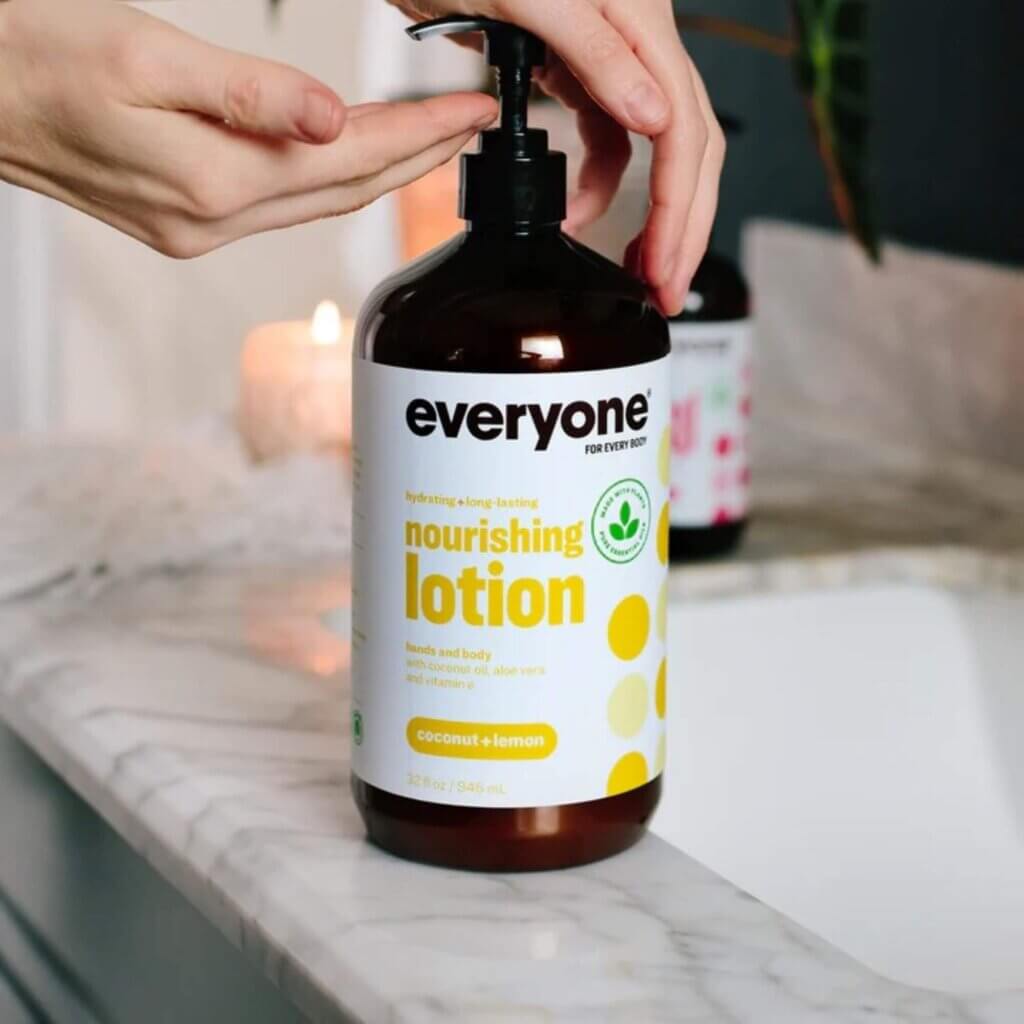Don’t Call Others Out—Call Them IN to Join Our Movement
You’re prob familiar with calling people out, but what about calling people in? 🤔 While calling someone out brings public attention to their harmful words or behaviors, calling them in invites them to see why they should make a change. Doesn’t that sound like the better option for dealing with nonvegan friends and family? Follow these steps to call others in:
Six Steps to Call Others In
1. Send a peta2 Article to Read
We’re constantly bombarded with info, so sending someone a million animal rights blogs to read could overwhelm them. But sending them just one article from the Learn or Lifestyle part of our site (or sending it in the group chat) can be the spark that draws them in. You can also share what you learned from the article to give them more insight.

2. Make Them a Vegan Version of Their Fave Meal
Imagine how mind-blown you’d be as a nonvegan if your bestie made you a vegan masterpiece. This is a great way to show others that we can make delicious food without harming animals. Peep peta2’s recipe page for dishes like the Vegan Rainbow Grilled Cheese Sandwich, ‘Chicken’ Alfredo Lasagne Rolls, or Bánh Mì Dogs. 😋 You can also replace meat with tofu, eggs with applesauce or banana, and dairy-based milk with non-dairy milk in all sorts of other recipes.
3. Let Them Know Why You’re an Animal Advocate
Let your loved ones know why you’re an animal advocate to give them some first-hand inspo. Since they already see you as a great person, they’ll respect your opinions more than some random blog writer. 😅 Tell them about your unique animal rights journey and how animals have their own thoughts, feelings, and relationships, so we should make choices that don’t harm them.

4. Ask Open-Ended Questions
When someone says or does something harmful to animals, follow up with them by asking a question that doesn’t have a “yes” or “no” answer so they really think about their choices. It usually takes several attempts to change someone’s mind, so it’s ok if they don’t go vegan overnight—celebrate the small wins and take it day by day. Try asking some of these questions:
- “I’m curious—what was your intention when you said that?”
- “How might the impact of your words or actions be different from your intent?”
- “Why do you think that’s the case? Why do you believe that to be true?”
- “What’s making you the most fearful, nervous, uncomfortable, or worried?”
- “How is ____ different from ____?”
5. Watch a Documentary Together
Nothing educates better without sounding preachy than an animal rights doc. Seeing something often hits harder than hearing about something, so show others the ugly, violent, heartbreaking reality of how humans exploit other animals. Even if they don’t change their mind right away, you’ll still be planting a seed that can grow as they take in more info and lead them to make more animal-friendly choices throughout life.
6. Recommend Cruelty-Free Products
Introducing someone to great cruelty-free products can open their eyes to a whole new world. 👀 Showing them how to shop cruelty-free will prove that we never need to keep rabbits, rats, and other animals locked up in laboratories for their entire lives and rub chemicals into their eyes for our beauty and wellness. Pro tip: e.l.f. Cosmetics makes super-affordable, cruelty-free products, so cost is never a barrier to compassion.
*****
Ready to call others in? Your school campus is the perfect place to do it—follow our tips for getting your classmates buzzing about animal rights.
Text peta2 to 30933 for ways to help animals, tips on compassionate living, and more!

Terms for automated texts/calls from peta2: http://peta.vg/txt. Text STOP to end, HELP for more info. Msg/data rates may apply. U.S. only.







